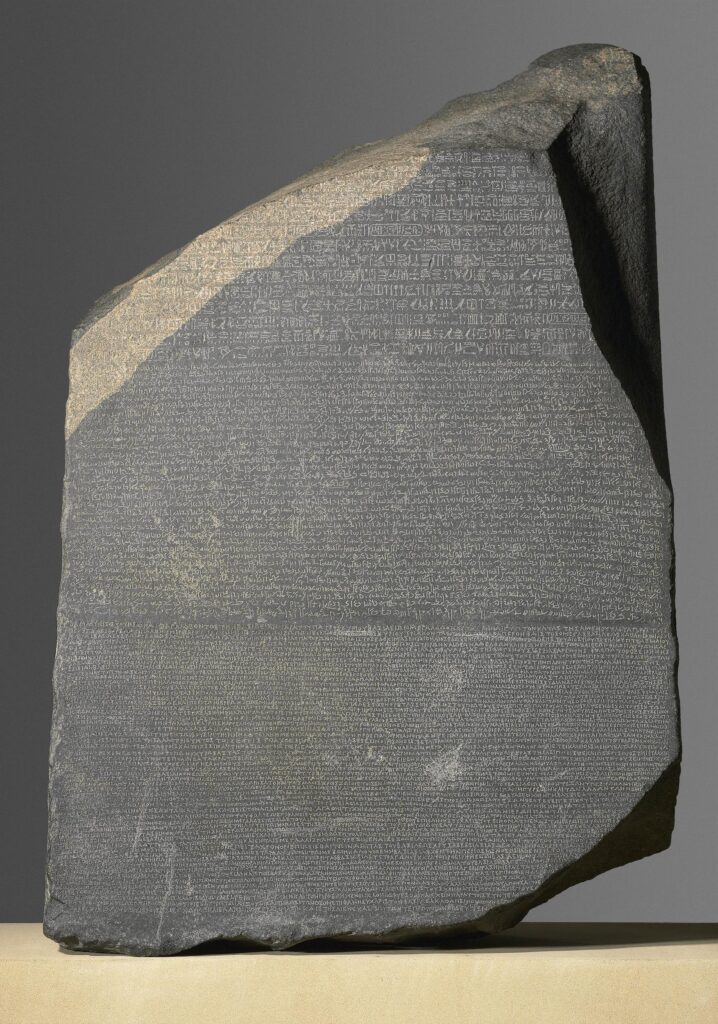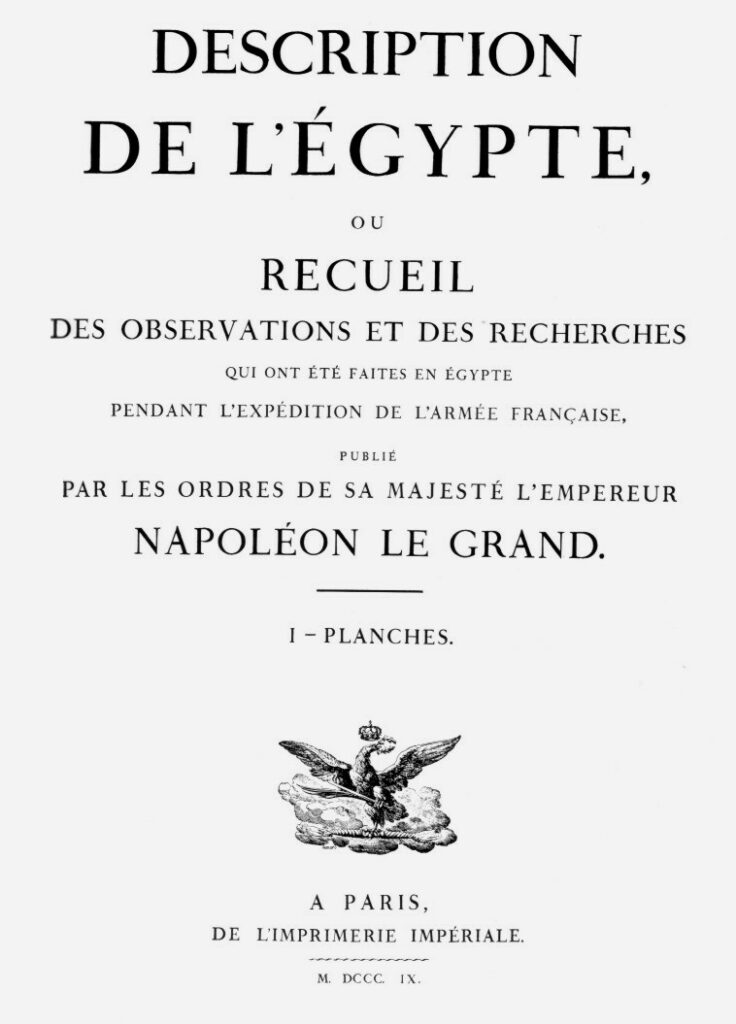Ancient Egypt: a simple chronology
| c. 2600 – 2500 BCE | Khufu and the Great Pyramid |
| c. 1390 – 1352 BCE | The reign of Amenhotep III |
| c. 1350 BCE | Construction of the mortuary temple of Amenhotep III (including the colossal statues of ‘Memnon’) |
| c. 1352 – 1336 BCE | The revolution of Akhenaten |
| c. 1336 – 1327 BCE | The reign of Tutankhamun |
| c. 1279 – 1213 BCE | The reign of Ramesses II |
| c. 305 – c. 30 BCE | Ptolomaic Dynasty, ending with Cleopatra VII (51 – 30) |
| 196 BCE | The Rosetta Stone erected |
| c. 30 BCE – 642 CE | Egypt part of the Roman (later Byzantine) Empire |
| 27 BCE – 199 CE | The period of the ‘singing’ statue of Memnon |
| 642 CE | Arab conquest of Egypt |

European perceptions of Egypt around the time of Schubert
| 1724 | Handel, Giulio Cesare in Egitto |
| 1725 | Hasse, Marc’Antonio e Cleopatra |
| 1773 | Death of Ali Bey al-Kabir, Mameluke governor of Egypt Matthias Claudius writes Klage um Ali Bey (Schubert’s D 140 and D 496A) |
| 1791 | Mozart / Schickaneder, Die Zauberflöte |
| 1798 | Napoleon lands at Alexandria, Battle of the Pyramids Nelson defeats the French at the Battle of the Nile |
| 1799 | Discovery of the Rosetta Stone by French soldiers |
| 1802 | The Rosetta Stone arrives in the British Museum |
| 1809 – 1829 | Publication of Description de l’Egypte (results of French survey of Egyptian antiquities) |
| 1815 | Belzoni begins work on moving ‘The Younger Memnon’ from the Ramasseum, Luxor Schubert’s first setting of Klage um Ali Bey (D 140) |
| 1817 | Schubert sets Mayrhofer’s Memnon (D 541) |
| 1818 | Shelley’s Ozymandias |
| 1821 | The statue of ‘The Younger Memnon’ arrives in the British Museum |
| 1822 | Jean-François Champollion deciphers hieroglyphics (partly based on earlier work by Thomas Young) |
| 1826 | Schubert sets Trinklied (from Shakespeare’s Antony and Cleopatra) |
| 1828 | Schubert sets Mirjams Siegesgesang (D 942) |
☙
Descendant of:
SPACE (location) MYTHOLOGY AND THE CLASSICAL WORLDTexts with this theme:
- Die Schatten, D 50 (Friedrich von Matthisson)
- Klage um Ali Bey, D 140, D 496A (Matthias Claudius)
- Geist der Liebe, D 233 (Ludwig Theobul Kosegarten)
- Memnon, D 541 (Johann Baptist Mayrhofer)
- Mirjams Siegesgesang, D 942 (Franz Grillparzer)


